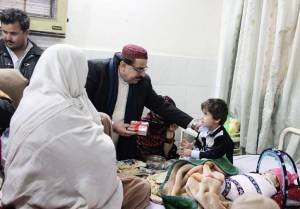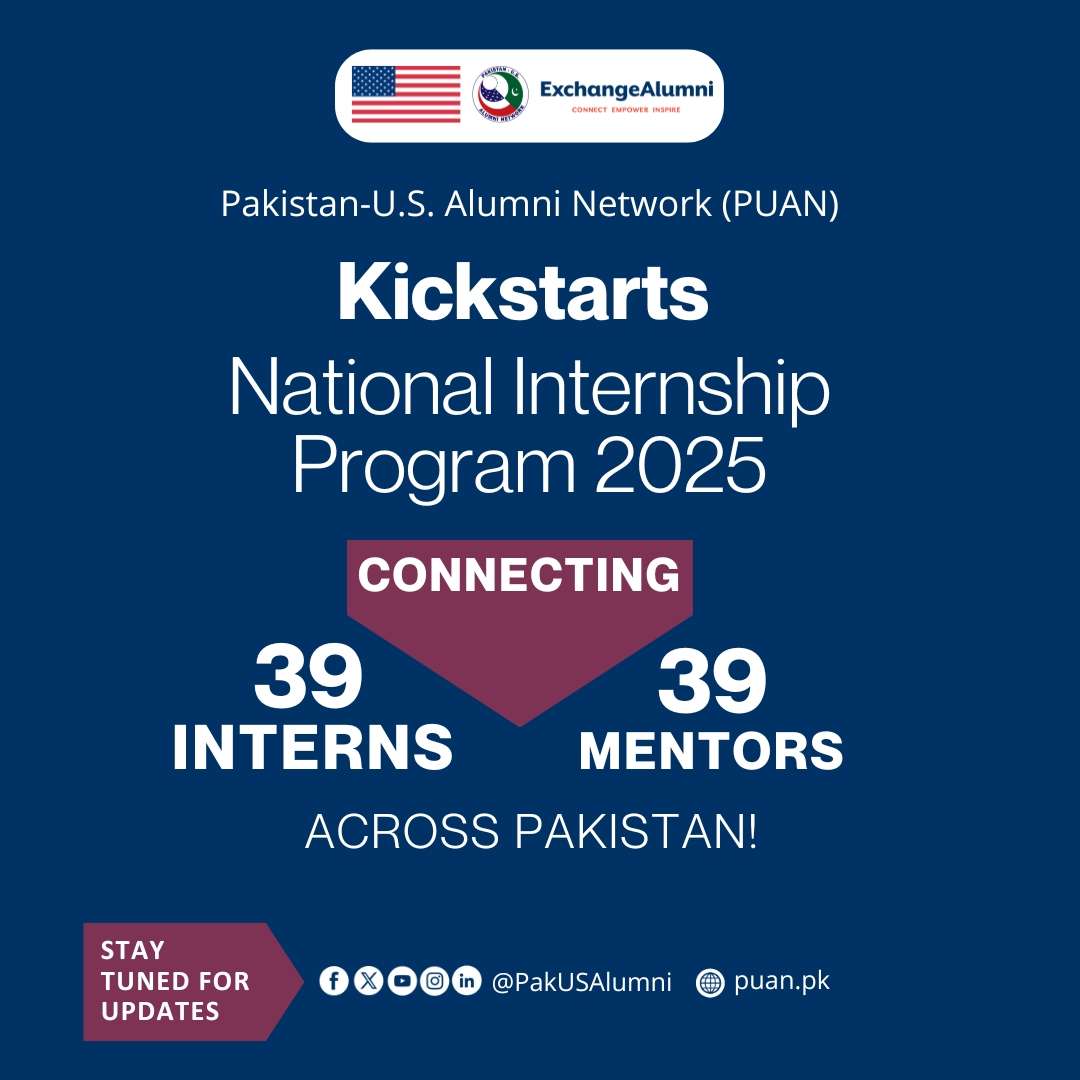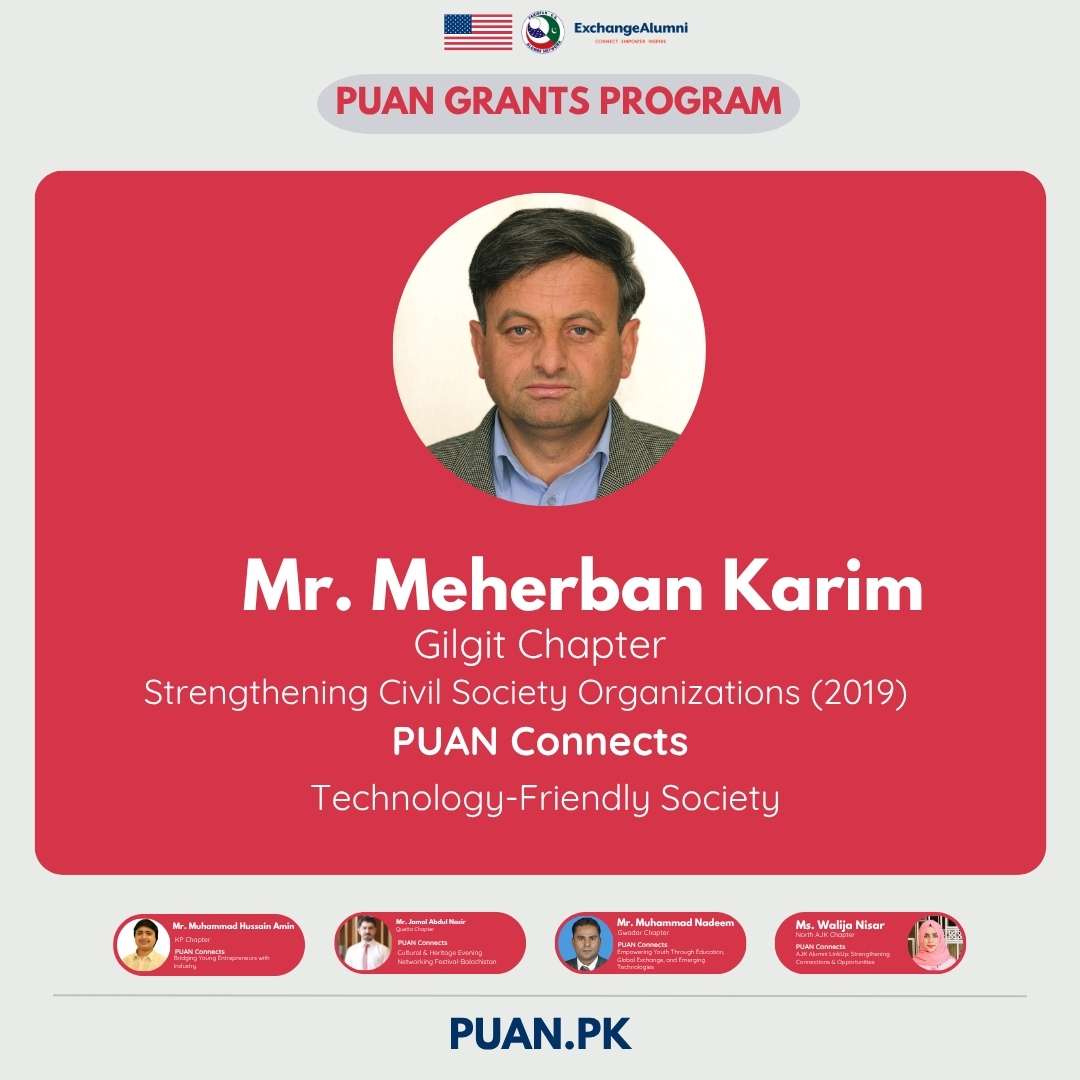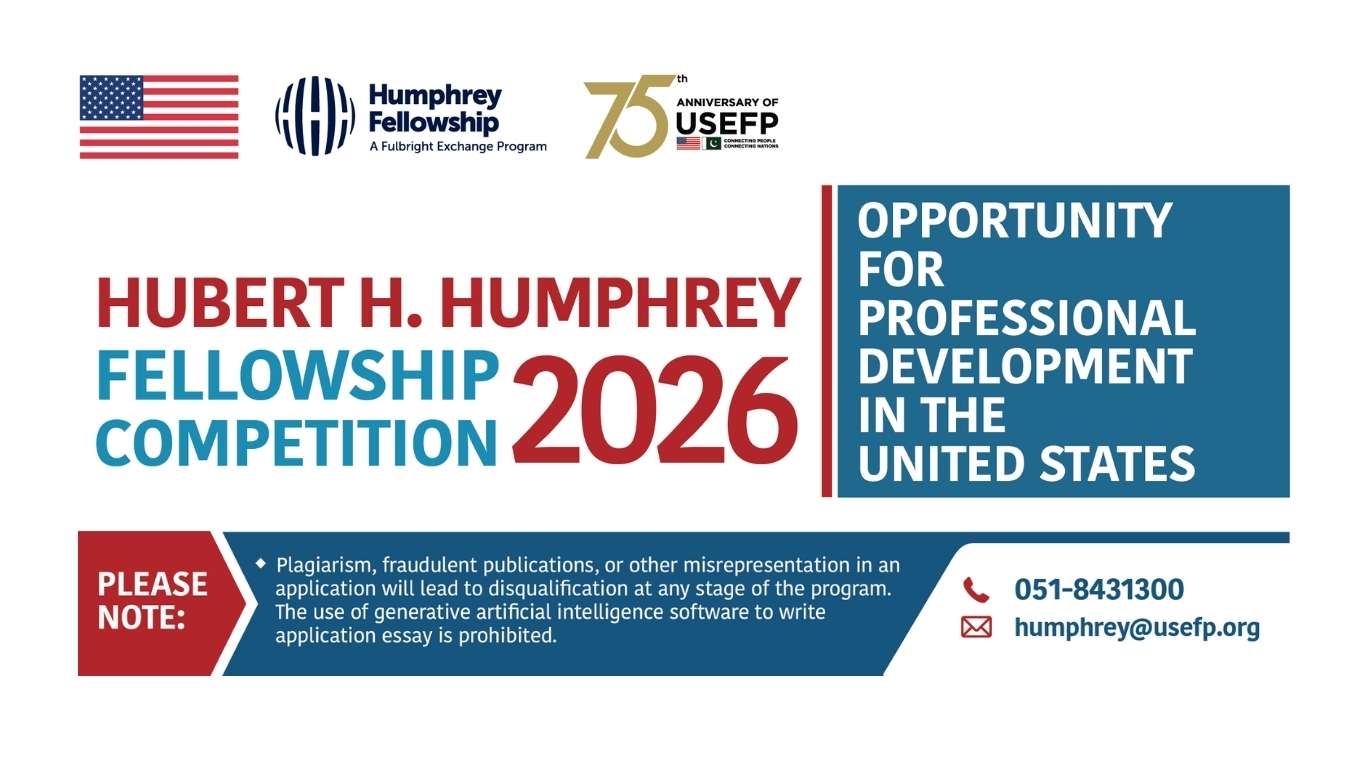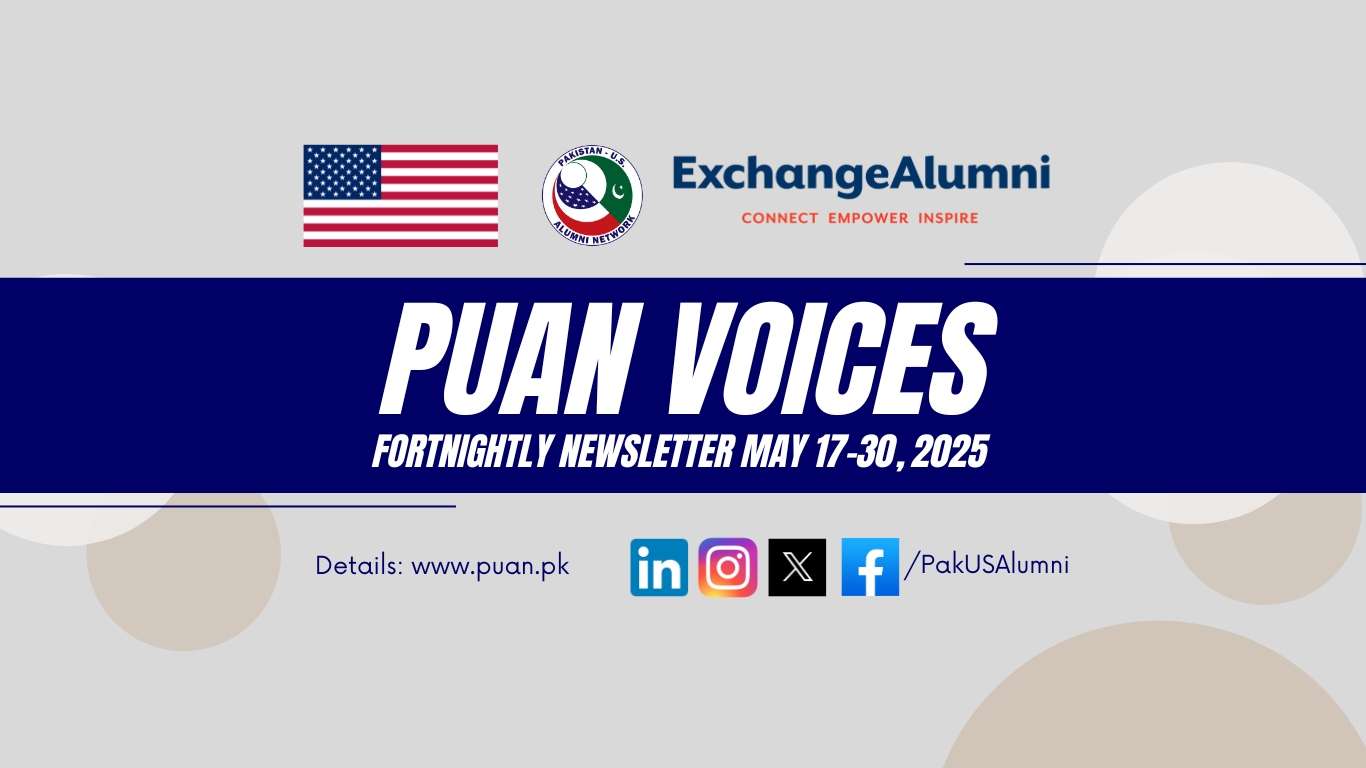By Hira Nafees Shah
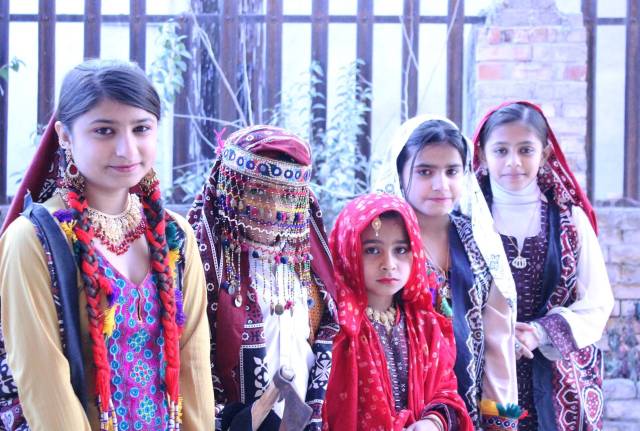
From Punjabis, Kashmiris and Sindhis in the east, to Muhaijirs and Makrani in the south, to Baloch and Pashtun in the west, and the ancient Dardic, Wakhi, Baltistani and Burusho communities in the north, Pakistan is one of the most ethnically diverse countries in the world.
With such a wide range of linguistic, musical, dance, culinary and folk art traditions finding a home in Pakistan, Jawad Ahmad Khan, Study of the U.S. Institutes (SUSI) alumnus, wanted to create a platform to showcase all of the diverse traditions that make up Pakistan’s unique cultural heritage.
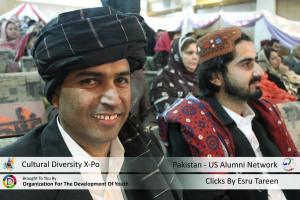
That’s why he organized Balochistan’s first-ever Cultural Diversity Expo Dec. 27-28, 2013 in Quetta, which included dozens of participants and reached an audience of more than 250. “I wanted to portray that people of different cultures are living together harmoniously in the province, which is the reason for its beauty,” Khan said.
An Alumni Small Grant from the Pakistan-US Alumni Network paved the way for the expo. During the two day event, stalls were set up consisting of homemade items depicting the multifaceted cultures of the province like Punjabi, Sindhi, Balochi, Hazara and Pakhtun etc.
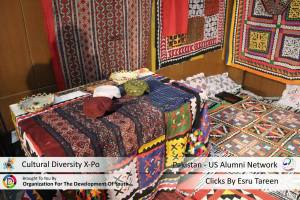
Prominent Baloch celebrities also gave presentations celebrating the diversity of the province and highlighted messages of peace and brotherhood. For one participant Jahanzaib Kakar, the exhibition was wonderful. “Not only did the expo promote peace and love, but also helped increase our respect for each other’s culture.”
The event drew attendees from various universities across Balochistan, who were then split into 15 smaller multi-ethnic groups to emphasize the common bonds of religion and nationality.The groups then broke down cultural barriers by talking about their experiences at the expo and giving suggestions on how to promote similar events in the future.
It was for the first time such an exhibition took place in Quetta, and according to one student Israr Khan, it was an incredible feat when the extraordinary challenges faced by the organizers were considered. The weather was especially treacherous with the mercury falling below sub-zero temperatures. And while the security situation in Balochistan remains precarious, the resilient citizens of the province are more proud than ever of owning it.
“This cultural diversity event has never happened before in Quetta,” said Khan. “Everyone came despite the fact that the situation in the city is not very good and people are afraid.”
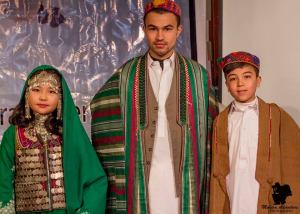
For Mohammad Kaleem, one of the organizers, the best element of the function was the healthy participation by the Hazara community, which has been repeatedly targeted by militants in the province.
He says the people of Balochistan hope that such activities will be repeated in the future. “If such events take place, the misunderstandings between us will come to an end,” said Kaleem.
The alumni organizers were also particular in making sure that their good work would be replicated, so they asked the students to hold similar functions in their universities.
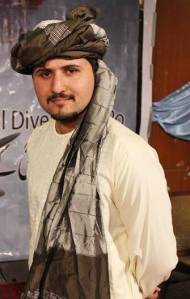
But for Jawad Ahmed Khan who gave his days and nights for organizing the expo, his mission was accomplished just when he witnessed the participants appreciating each other’s cultures and having a good time.
“When you have a dream and work hard for it, you feel awesome when your efforts are rewarded,” he said with great enthusiasm.
The function also featured a community service activity in which the participants visited the Quetta Civil Hospital and distributed toys among the child patients. Khan who is a medical student by profession, fondly recalls the expression on the children’s faces when they received the gifts and the profuse gratitude expressed by the nurses when they were presented with shawls.
This expo may be over, but the passionate SUSI alumnus believes that he and his team will also pioneer such events in the future and will continue to pay homage to the diversity of Balochistan.
For more on the Cultural Diversity Expo, visit: https://www.facebook.com/CulturalDiversityXPo
